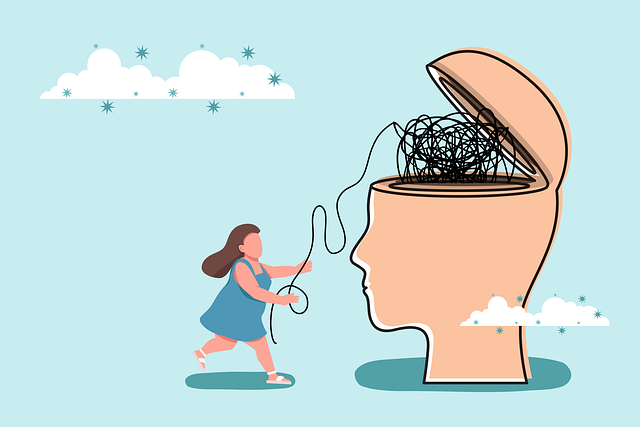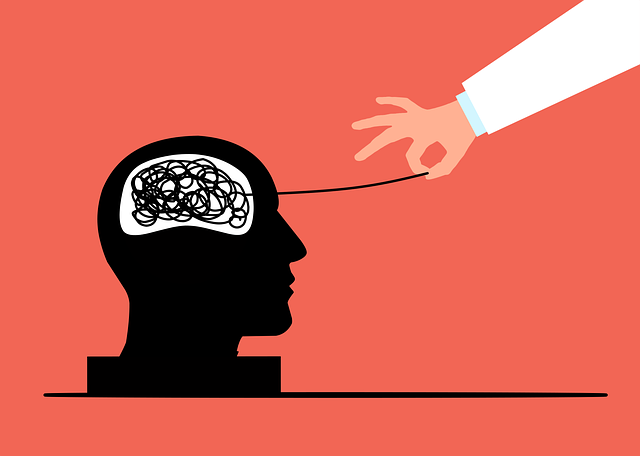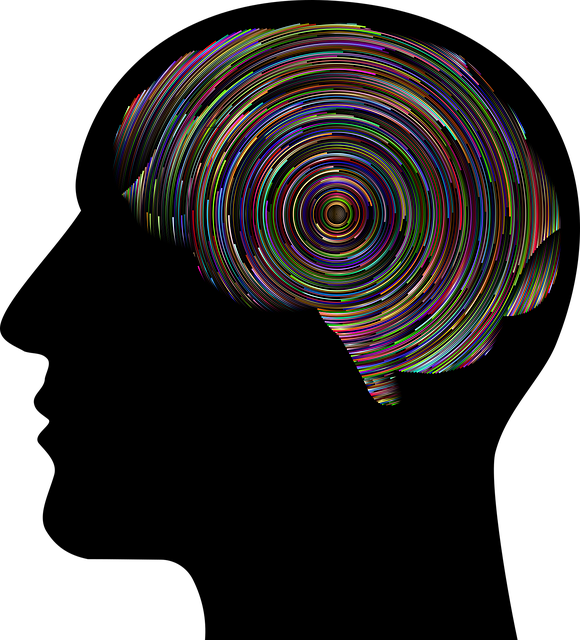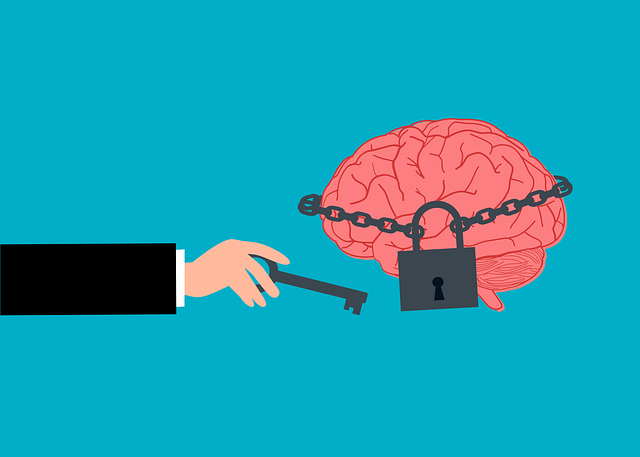Anxiety in young children requires specialized psychological testing and tailored therapy, focusing on creating safe environments. Techniques like Cognitive Behavioral Therapy (CBT) help kids manage emotions, change negative thought patterns, and confront fears gradually. Mental health professionals use interviews, observations, play therapy, and age-appropriate questionnaires to diagnose anxiety disorders accurately. Individualized therapy plans promote coping skills, conflict resolution, and positive thinking strategies, fostering resilience and security as children grow.
Anxiety is a prevalent concern among young children, impacting their emotional well-being and development. This comprehensive guide explores effective anxiety management techniques from a psychological perspective. We delve into understanding anxiety in young children, assessing and testing for anxiety disorders, and exploring successful therapy approaches tailored to their unique needs. By combining psychological testing with specialized therapy, parents and professionals can empower children to overcome anxiety and foster resilience.
- Understanding Anxiety in Young Children: A Psychological Perspective
- Assessment and Testing for Anxiety Disorders in Children
- Effective Therapy Approaches to Manage Childhood Anxiety
Understanding Anxiety in Young Children: A Psychological Perspective

Anxiety in young children is a complex issue that demands a nuanced psychological approach. Children often struggle to express their feelings verbally, making it crucial for therapists to employ specialized techniques tailored to their age group. Therapy for young children involves creating a safe, supportive environment where they can develop self-awareness exercises to manage their emotions effectively. Psychological testing plays a vital role in this process, helping professionals identify specific triggers and design targeted interventions.
Through therapy sessions, kids learn conflict resolution techniques that teach them to navigate social interactions with confidence. Positive thinking strategies are also integrated into the treatment plan, empowering children to replace anxious thoughts with more optimistic ones. By combining these approaches, therapists help young clients build resilience, fostering a sense of security and emotional control as they grow.
Assessment and Testing for Anxiety Disorders in Children

Assessment and testing play a crucial role in identifying anxiety disorders in children. Psychological evaluations for young children often involve a comprehensive approach, including interviews with parents or caregivers, direct interactions with the child, and standardized questionnaires. These methods help mental health professionals gain insights into a child’s emotional state, behavior patterns, and potential triggers for anxiety. By utilizing specialized tools, such as behavioral observations, play therapy techniques, and age-appropriate questionnaires, therapists can accurately diagnose conditions like generalized anxiety disorder, social anxiety, or panic disorder in children.
The process of assessment goes beyond diagnosis; it also aids in tailoring effective therapy for young children. Mental health professionals consider the child’s unique needs, family dynamics, and cultural background to design individualized treatment plans. This personalized approach promotes coping skills development and conflict resolution techniques suitable for the child’s age and understanding. Furthermore, risk management planning is an essential aspect of working with anxious children, ensuring a safe and supportive environment during therapy sessions.
Effective Therapy Approaches to Manage Childhood Anxiety

Anxiety disorders can significantly impact young children’s lives, but there are effective therapy approaches to manage childhood anxiety effectively. Cognitive Behavioral Therapy (CBT) is a widely recognized and successful method for treating anxiety in kids. CBT helps young individuals identify and change negative thought patterns and behaviors that contribute to their anxiety. Through this therapeutic process, children learn to confront their fears in a safe environment, gradually reducing anxiety symptoms.
Psychological testing plays a crucial role in assessing the severity of anxiety and tailoring therapy accordingly. These assessments not only help in diagnosing specific anxiety disorders but also guide the development of personalized Emotional Well-being Promotion Techniques. Additionally, healthcare providers can employ Positive Thinking strategies as part of their Burnout Prevention Strategies to support both themselves and their young patients during the therapeutic journey.
Anxiety management is a vital aspect of fostering healthy development in young children. By understanding the psychological roots of anxiety, conducting thorough psychological testing, and employing evidence-based therapy approaches like cognitive-behavioral therapy, professionals can effectively support children’s emotional well-being. These strategies not only help manage existing anxiety disorders but also empower children with coping mechanisms for life’s challenges. Through early intervention and tailored therapy, it is possible to guide young minds towards a more secure and resilient future.














